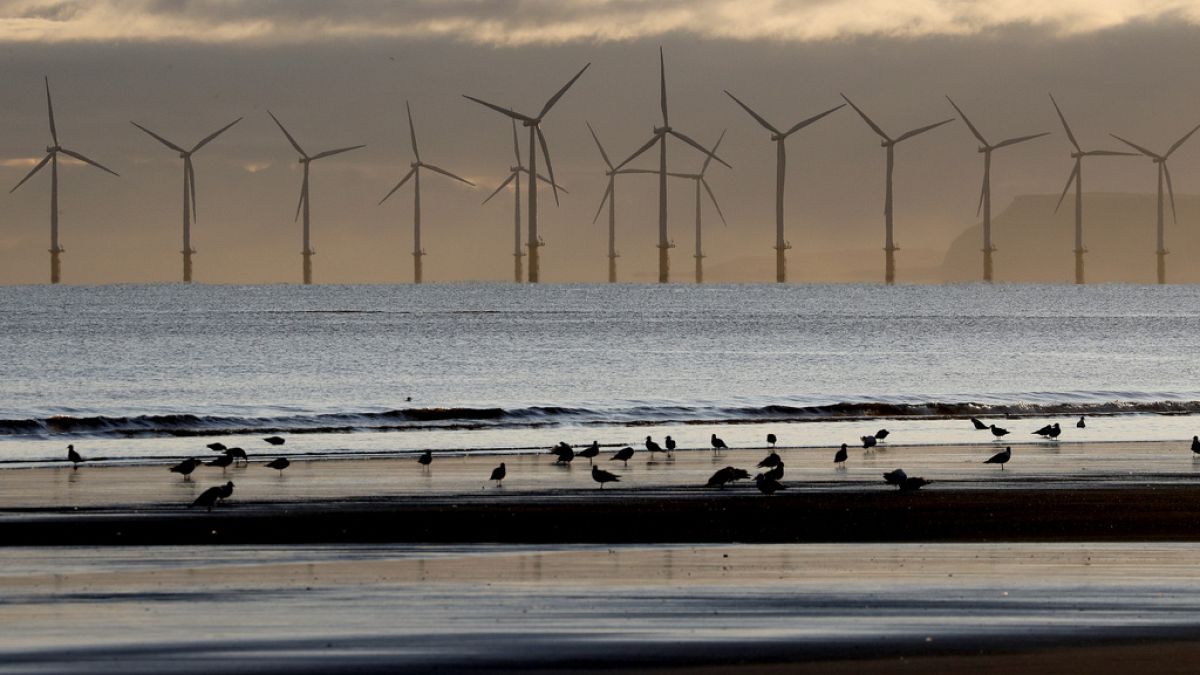Keir Starmer, the new Prime Minister of the UK, has recently announced plans to “reset” relations with the EU after criticizing the Brexit deal as “botched”. UK Climate Minister Kerry McCarthy has also expressed a desire to rebuild cooperation with Europe on energy and climate change, following a meeting with EU Commissioner Kadri Simson in Norway. McCarthy attended the Offshore North Seas Conference in Stavanger, where she met with investors in wind power, hydrogen, and carbon capture technologies, all of which play a crucial role in the UK government’s goal of decarbonizing the electricity system by 2030.
As the UK aims to position itself as a global energy and climate leader, one of its objectives is to reduce reliance on Russian President Vladimir Putin in the energy market. McCarthy emphasized the need for urgent action to tackle the climate crisis and highlighted the importance of collaboration with the EU, Germany, and Norway. Simson also expressed a commitment to working together to boost renewables in Europe’s northern seas and ensure energy security for the continent. This meeting comes as Prime Minister Starmer seeks to improve relations with the EU, with plans for a bilateral treaty with Germany by the end of the year.
Although the UK officially left the EU’s energy market in 2021, it remains connected to Europe’s energy system through various undersea interconnectors for gas and electricity. The government has been working on increasing cooperation with the EU on renewables post-Brexit, with previous agreements in place through platforms like the North Seas Energy Cooperation. Norway, which is part of the EU’s internal energy market, defended its decision to explore critical raw materials in its waters for the energy transition at the conference in Stavanger.
The European Commission has expressed support for strengthening relations with the UK on shared interests, including energy and climate issues. While specific projects or agreements in these areas were not disclosed, the willingness of both sides to cooperate was noted. The UK government’s focus on offshore wind power and clean energy technologies aligns with the EU’s goals for the global energy transition.
In conclusion, the UK government’s efforts to reset relations with the EU and enhance cooperation on energy and climate issues demonstrate a commitment to addressing the challenges of the climate crisis. Collaborative efforts with EU partners, Germany, and Norway are crucial in achieving the shared goal of decarbonization and energy security. As the UK seeks to establish itself as a global leader in clean energy, continued engagement with the EU and other allies will be essential in driving the energy transition forward.


























